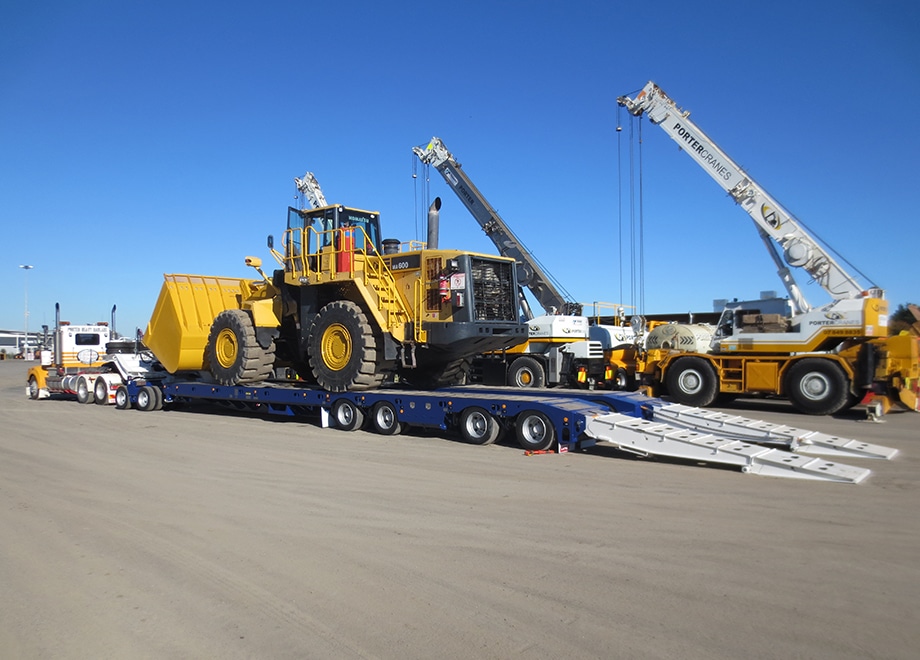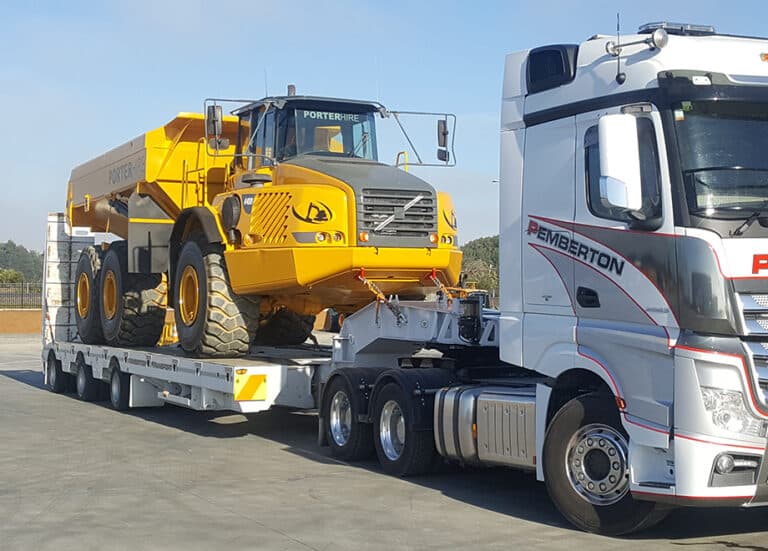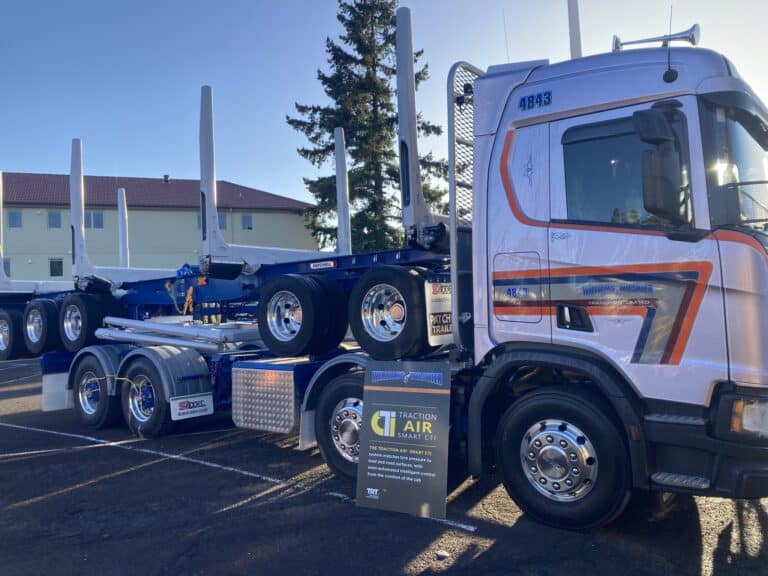Low-loader trailers are essential for transporting heavy and oversized loads across New Zealand. These trailers are designed with a low deck height, making them ideal for carrying tall and heavy machinery that traditional trailers cannot handle.
Low-loader trailers in New Zealand have become indispensable in industries where moving large equipment is a regular task—such as construction, agriculture, and mining.
The heavy haulage sector plays a significant role in ensuring these industries operate efficiently, as large equipment needs to be safely transported to job sites and farms across the country. This article explores the key benefits of using low-loader trailers in New Zealand and how they contribute to the success of these vital industries.
Enhanced Capability for Heavy and Oversized Loads
Low-loader trailers’ primary benefits are their ability to handle heavy and oversized loads. Thanks to their low deck height, these trailers can accommodate tall machinery that would otherwise breach legal height limits when transported on standard trailers. This makes low-loader trailers the go-to option for transporting heavy construction and agricultural machinery, such as excavators, cranes, and industrial equipment.
In New Zealand, various industries rely heavily on low-loader trailers. The construction industry, for example, frequently uses these trailers to move large excavators, bulldozers, and cranes between job sites. The agricultural sector benefits from using low-loader trailers to transport oversized farming equipment, such as tractors and harvesters, ensuring farms remain productive across the country’s vast rural areas.
Greater Stability and Safety During Transport
Low-loader trailers provide greater stability when transporting heavy equipment, thanks to their lower centre of gravity. By keeping the load closer to the ground, these trailers help prevent tipping and shifting during transport, reducing the risk of accidents on New Zealand’s roads. This feature makes them far safer than traditional flatbed trailers for moving oversized or irregularly shaped machinery.
Additionally, low-loader trailers come equipped with advanced safety features designed to enhance load control and securement. From robust tie-down points to adjustable ramps, these features ensure that the cargo remains stable throughout the journey. For New Zealand’s heavy haulage operators, compliance with the country’s strict vehicle safety regulations is crucial. Low-loader trailers are designed to meet or exceed these standards, contributing to a safer road environment for all.
Versatility Across Multiple Industries
Low-loader trailers in New Zealand are highly versatile, serving a wide range of industries beyond just construction and agriculture. In the forestry and mining sectors, low-loader trailers are used to transport large machinery such as logging trucks, tree cutters, and excavators, all essential for maintaining operations in remote regions.
Another key use of low-loader trailers is for house relocation. New Zealand’s growing trend of relocating prefabricated homes or moving buildings to different locations relies heavily on these trailers due to their ability to handle the oversized dimensions of houses. Low-loader trailers are also adaptable, with features like hydraulic suspension and detachable gooseneck trailers allowing for the transportation of various types of loads.
Time and Cost Efficiency
Low-loader trailers are not only capable but also highly efficient when it comes to transport time and cost. The design of these trailers often eliminates the need to disassemble large machinery before transport, saving valuable time that would otherwise be spent reassembling equipment at the destination. This ability to quickly load and transport equipment boosts operational efficiency, especially for time-sensitive projects.
Additionally, the low deck height of these trailers reduces wind resistance, resulting in improved fuel efficiency for long-haul journeys. In New Zealand, where haulage routes often span great distances across varied terrain, the ability to reduce fuel consumption is a significant cost-saving factor. The capacity of low-loader trailers to carry larger loads also reduces the number of trips required, further cutting down on fuel expenses and travel time.
Easy Loading and Unloading
A key advantage of low-loader trailers is how easily they allow for the loading and unloading of heavy machinery. With their low deck and access ramps, operators can load equipment onto the trailer without the need for specialised cranes or lifting machinery. This simplifies the transport process and speeds up operations.
Many low-loader trailers are also equipped with hydraulic systems that help manage weight distribution during loading and unloading. These systems enable operators to make necessary adjustments on-site, ensuring the safe and efficient handling of large machinery. In New Zealand, businesses across various industries have reported significant improvements in operational efficiency thanks to the quick load times afforded by low-loader trailers.

Compliance with New Zealand’s Transport Regulations
New Zealand has strict regulations regarding the transport of heavy and oversized loads and low loader trailers are well-suited to meet these requirements. The New Zealand Transport Agency (NZTA) sets out specific guidelines for vehicles transporting oversized loads, and low-loader trailers are often the preferred choice due to their ability to meet weight and dimension limits.
For businesses transporting large loads, using a low-loader trailer helps simplify the process of obtaining the necessary permits for wide or tall loads. Additionally, low-loader trailers help avoid costly fines associated with non-compliance, making them a smart choice for businesses looking to streamline their transport operations.
Customisation for New Zealand Conditions
Low-loader trailers used in New Zealand are often designed or customised to handle the country’s unique conditions. For example, many trailers are built with weather-resistant features, ensuring they can withstand New Zealand’s often unpredictable climate, including heavy rain, strong coastal winds, and varying temperatures.
Low-loader trailers are also designed to handle rough terrain, which is particularly useful in New Zealand’s mountainous regions, gravel roads, and rural areas. Trailers can be customised to suit specific needs, whether it’s for house moving, transporting wind turbine components, or navigating the rugged backroads of a farm.
Conclusion
In summary, the benefits of using low-loader trailers in New Zealand are clear. From their enhanced capability for transporting heavy and oversized loads to their ability to improve safety and efficiency, low-loader trailers are a crucial asset in a wide range of industries. They offer versatility across sectors, time and cost savings, and the ability to navigate New Zealand’s varied terrain.
For businesses operating in construction, agriculture, forestry, or mining, or those requiring the relocation of oversized items, low-loader trailers provide a transport solution that ensures both compliance with regulations and operational efficiency. For those looking to streamline their heavy haulage needs, it’s worth exploring low-loader trailers in New Zealand, contacting local suppliers, and customising a solution tailored to your specific requirements.
Get your business noticed by creating an online directory listing. Listings are FREE and you can create as many as you need.
- Get found by locals



